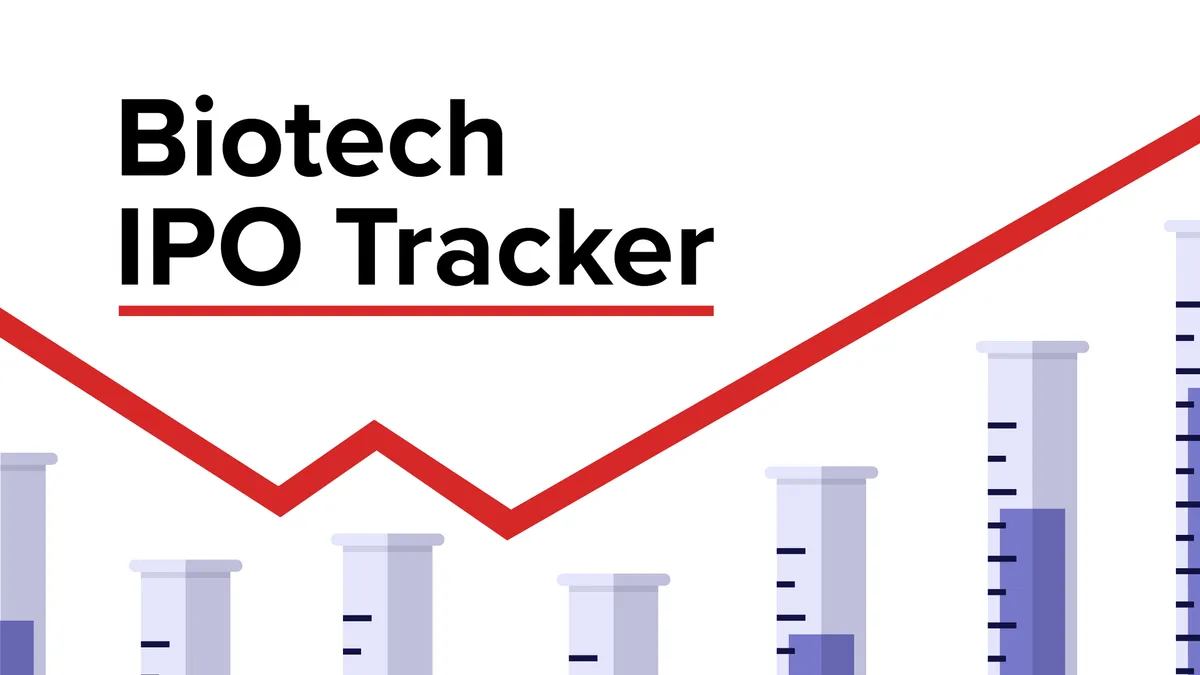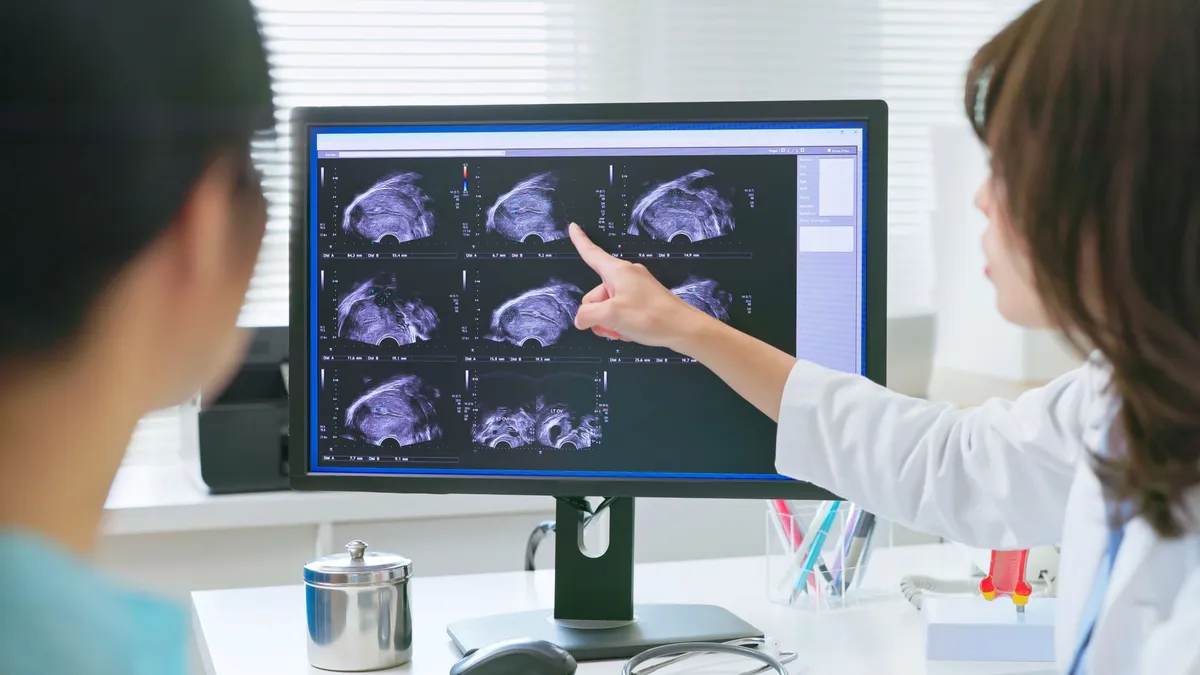SciRhom, a German biotechnology startup focused on autoimmune diseases, has raised a $70 million Series A funding round that will help the company bring its first drug prospect into human testing.
The fundraise announced Tuesday will support development of antibody drugs SciRhom aims to evaluate in inflammatory conditions. Its lead candidate, dubbed SRS-878, showed promise in preclinical studies in rheumatoid arthritis and inflammatory bowel disease and could begin its first human trial in Austria later this year.
As its name suggests, SciRhom is developing drugs aimed at a protein known as iRhom2 that’s involved in inflammation. iRhom2 helps regulate a key enzyme, known alternatively as TACE or ADAM17, that’s long been a target of pharmaceutical research but is tough to target for drug development.
The company claims homing in on iRhom2 instead provides a workaround, enabling it to control the inflammatory activity of ADAM17 without impacting some of the enzyme’s protective functions. Doing so, it says, could induce immune “tolerance” in people with autoimmune conditions, though that hasn’t yet been proven in humans.
The company may test the approach in lupus nephritis as well as rheumatoid arthritis and IBD.
"Now is the time to shift gears and accelerate our novel and potentially groundbreaking therapeutic strategy toward clinical proof-of-concept and beyond to reach patients in need of better autoimmune treatments," Jens Ruhe, SciRhom's chief operating officer, said in a statement.
SciRhom’s funding involved more than a half dozen investors and was co-led by Andera Partners, Kurma Partners, Hadean Capital, MIG Capital and Wellington Partners. The biotech was co-founded in 2016 by Ruhe, rheumatology expert Carl Blobel and biotech investor Andreas Jenne.
The financing also adds to a recent surge of interest in autoimmune drug developers. Almost half of the 26 M&A deals announced in 2024 have been for immune disease-focused biotechs, surpassing other areas such as cancer and neurology, according to BioPharma Dive data. Three immunology biotechs have gone public, already matching last year’s total, and multiple other startups have raised nine-figure funding rounds.
















